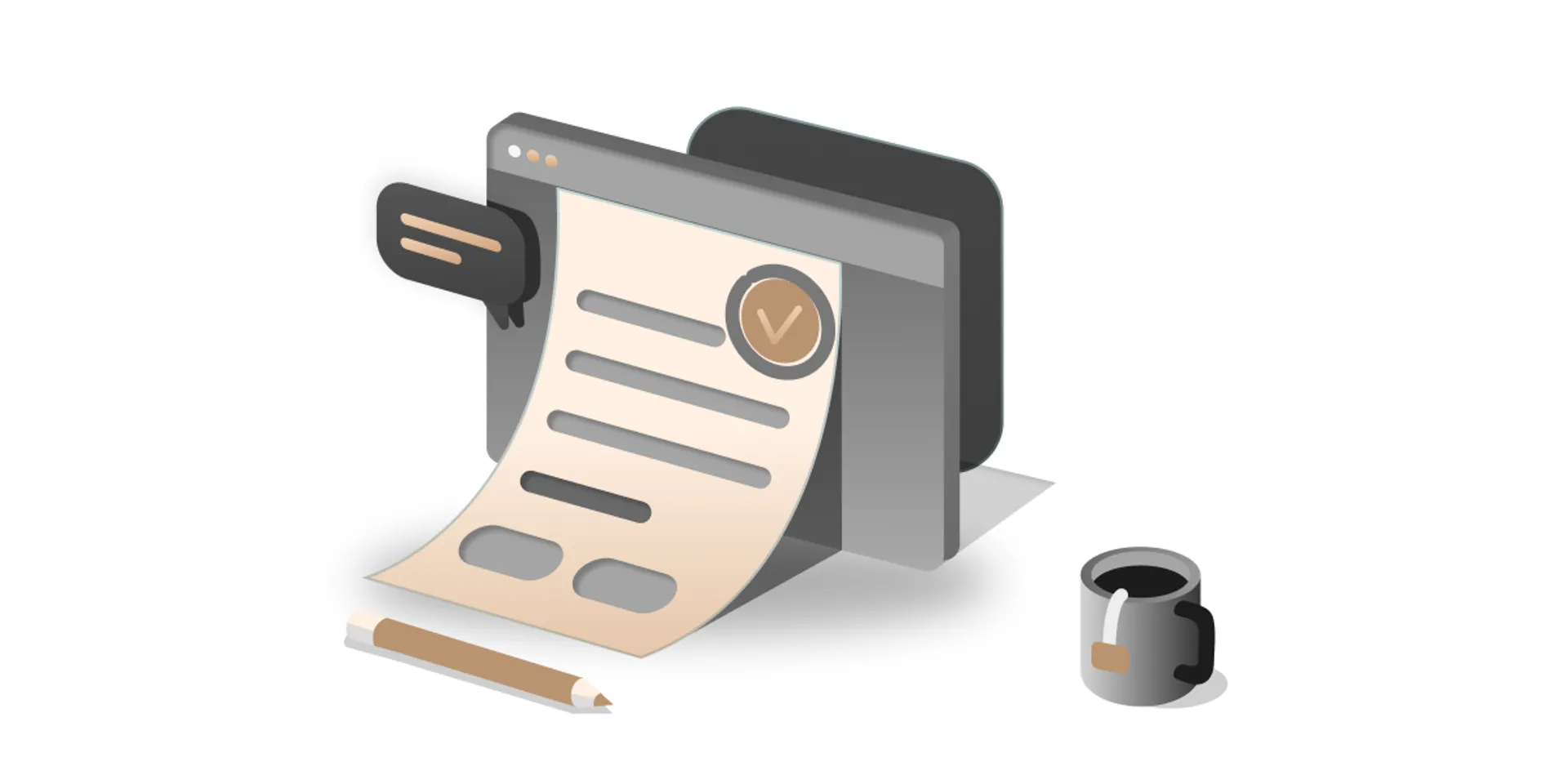What is a payment schedule?

What is a payment schedule?
A payment schedule is the agreed timing of payments from one party to another. There is always a payment schedule agreed when an investor invests in stocks, bonds or derivatives. Payment schedule is either parameterised or customised.
A parameterised schedule is determined by market conventions, and usually includes: payment frequency (annually, quarterly, monthly, weekly and so on); day of payment; start date and end date.
A customised payment schedule is a series of fixed dates agreed by both parties as to when payments are made. For example, a student loan agreement will set three dates per year when the loan is transferred to the student.
Key takeaways
-
Is an agreement between two or more parties regarding the dates on which payments for a service or product will be made.
-
An example of a payment schedule would be if you were to buy a car in instalments, there would be a payment schedule that set out your monthly repayments until the car was paid off.
-
There are many different types of payment schedules, such as instalment payments and fixed payments.
Types of payment schedules
There are several types of payment schedules available to anyone considering one, these include:
-
Lump sum payment – a single payment made at the end of a transaction.
-
Instalment payment – a payment made in multiple parts over a period of time.
-
Deferred payment – a payment made at a later date than originally agreed upon.
-
Fixed payment – a payment made on a fixed schedule, such as biweekly or monthly.
-
Variable payment – a payment based on variables such as sales or other performance indicators.
-
Milestone payment – a payment made when certain predetermined milestones have been achieved.
-
Revolving payment – a payment made on a recurring schedule, such as a subscription service.
Payment schedules impact and importance
Payment schedules provide a clear timeline for when payments are due and help to ensure that all parties are held accountable to the agreed-upon terms of the contract. Additionally, they provide a reliable way to track and manage payments, helping to avoid any potential confusion or disputes.
FAQs
What is included in a payment schedule?
A payment schedule typically includes the payment amount, payment due date, any applicable late fees, and the method of payment.
What is a payment schedule in simple terms?
A payment schedule is a plan that outlines when payments are due and how much needs to be paid. It usually includes dates, amounts, and other pertinent details.
How do I make a payment schedule?
There are a number of steps you can take if you are considering making a payment schedule; first, you would need to determine the total amount of the payment and decide on the payment method (cash, check, online, or credit card). After this you could set the payment due date, determine the payment frequency (weekly, bi-weekly, monthly, etc.), and calculate the amount due for each payment.